Not convincing people
The draft Law on Road Traffic Order and Safety was recently presented at the National Assembly session on November 10. Article 8 of the draft law stipulates prohibited acts, including "driving a vehicle while having alcohol in the blood or breath". This is also the basis for the authorities to stop vehicles for inspection and control.
Examining the draft law, the National Assembly's Defense and Security Committee said that some opinions in the Committee suggested considering this content because it was "too strict and not really suitable for the culture, customs and practices of a part of the Vietnamese people, affecting the socio -economic development of many localities".
These members proposed to consult international experience and regulate alcohol concentration at appropriate levels for each type of vehicle; ensuring consistency with the provisions of the Penal Code.
However, some other members of the Committee agreed with the Government 's proposal because this content has been stipulated in Clause 6, Article 5 of the Law on Prevention and Control of Harmful Effects of Alcohol and Beer (prohibiting driving a vehicle with alcohol concentration in blood or breath) and practical implementation has proven its effectiveness.
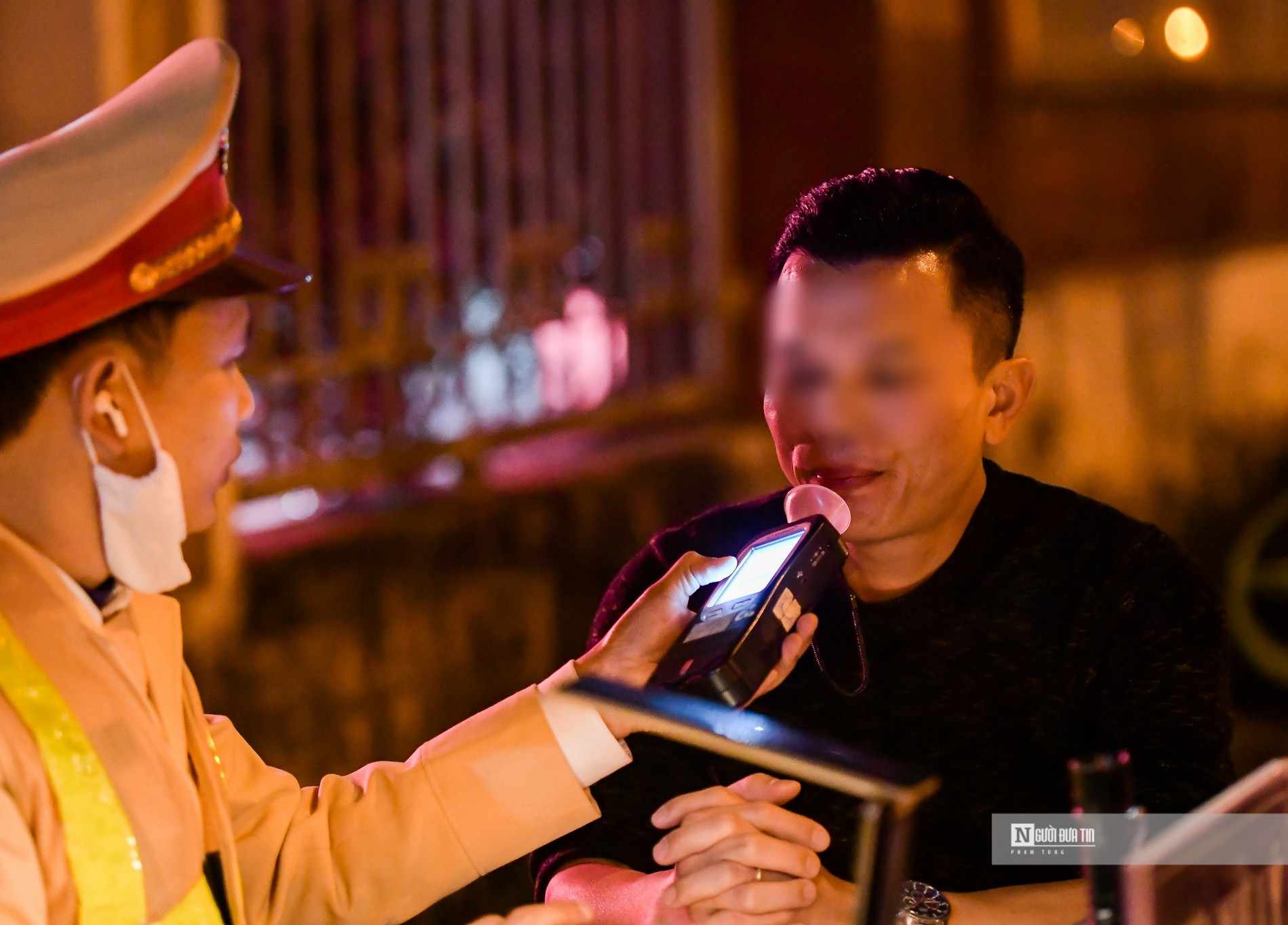
Proposal to consider the regulation "prohibiting people with alcohol concentration from driving" (Photo: Pham Tung).
Regarding this controversial issue, Dr. Nguyen Xuan Thuy, a traffic research expert, told Nguoi Dua Tin that drinking alcohol should not be widespread because it causes hallucinations, affects the nervous system and causes traffic disasters. "We have been strict on this issue. Decree 100 of the Government has issued many penalties, including the form of absolutely not drinking alcohol while driving," Mr. Thuy stated.
However, according to Mr. Thuy, it is not because of such a ban that people do not drink alcohol. Alcohol is still widely consumed because it is a habit and awareness of people who want to live a normal life without restrictions.
The traffic expert also analyzed that the absolute ban on drinking and driving has some disadvantages:
First of all, it is not practical. According to Mr. Thuy, Vietnam is a country with many festivals, cuisine is the culture and custom of the people for thousands of years, when eating and drinking, there must be alcohol. Therefore, the culture, habit and tradition combined together make it impossible to absolutely ban it.
Second, the absolute ban is also unreasonable because other countries have their own regulations, such as Thai law which stipulates that a driver is considered drunk when : A person aged 20 or older has a blood alcohol concentration exceeding 50 mg/100 ml.
Persons under 20 years of age or persons using a temporary driving license whose blood alcohol concentration exceeds 20 mg/100 ml . In addition, refusal to take a breathalyzer test will be considered as having drunk alcohol.
Or in Singapore, the alcohol concentration limit for driving in this country is 0.35 mg/liter of breath, 80 mg/100 ml of blood.
Drinking and driving can result in a fine of up to $10,000 (about VND230 million) and a one-year prison sentence for the first offense.
Repeat offenders can be fined up to $20,000 and imprisoned for up to two years. Offenders will also be banned from driving for at least two years, or at least five years for repeat offenders. The ban can be longer if the driver poses a danger.
In China, a driver is considered to be “driving after drinking alcohol” when the blood alcohol concentration is from 20 mg/100 ml to less than 80 mg/100 ml.
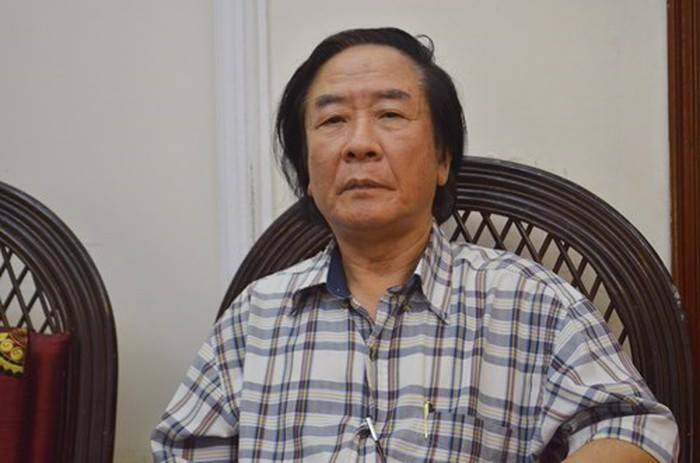
Traffic expert Nguyen Xuan Thuy.
"It can be seen that countries are also aware that alcohol is very harmful, but to some extent, what is drunk? And what is not drunk? If you drink more than the prescribed limit, you are drunk, unable to control the wheel and cause an accident, then it is right to be punished. But if it is below the prescribed limit, there should be no punishment, it should not be strictly prohibited. Because if it is strictly prohibited, it will cause frustration for the people, and is unrealistic," Mr. Thuy acknowledged.
At the same time, he calculated that if the ban was absolute, the number of people who drank alcohol while driving would be punished 5-7 times more than if there were specific regulations. This is unscientific and cannot convince people.
"People say, 'If I drink too much, I will be fined. If I drink a little, like today I drink a little medicinal wine or drink something with a little alcohol, or if I drink today but tomorrow the alcohol level is still measured, it will not affect my driving,'" Mr. Thuy gave evidence and expressed his opinion that there should be no absolute fines.
In terms of logic, practice and science, Mr. Thuy thinks that there should be regulations for drinking alcohol above the permitted threshold, then it should be banned and punished, not as extreme as it is now.
"I suggest that it should be at the level of 50mg/100ml of blood like in Thailand, which would be appropriate," Mr. Thuy shared, adding that international experience and public opinion should be consulted.
Impact on legitimate needs
Lieutenant Colonel, Doctor Nguyen Huy Hoang - Vietnam-Russia Hyperbaric Oxygen Center, Ministry of National Defense said that consuming less alcohol still has health benefits, helps digestion, better blood circulation (in low amounts)... At the same time, it supports economic development, restaurants will have customers.
According to Dr. Huy Hoang, the current absolute ban on alcohol is aimed at changing the long-standing habit of Vietnamese people of drinking and then driving. Therefore, it must be absolutely banned now.
However, according to the doctor, this ban is being implemented drastically to change the habit of "if you drink alcohol, do not drive", but this should only be in the transitional phase and then, it must definitely change to drinking beyond the permitted limit to be punished. "Because that is an inevitable need of people and economic development", Dr. Hoang said and gave an example from himself: "Like me, now when I drive, I do not dare to touch a drop of alcohol or beer. This is inconvenient, affecting the legitimate needs of everyone, restaurants and beer and wine shops will also be affected".
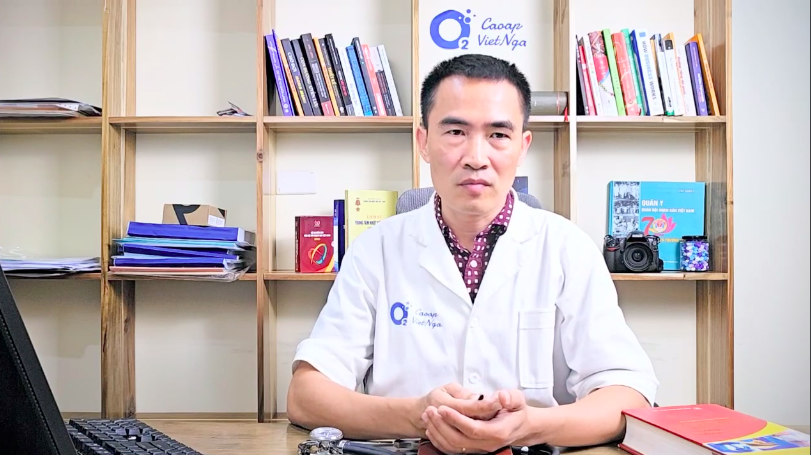
Dr. Huy Hoang shared: "Like me, now when I drive, I don't dare touch a drop of alcohol or beer."
Dr. Hoang also said that when determining the permissible threshold at a low level exceeding the threshold to punish drivers who drive while drinking alcohol, it is necessary to build a reference standard for regulations in other countries around the world.
"Developed countries have established and have regulations, so I think we should regulate the use of alcohol and beer at a low level to be safe when driving," said Dr. Hoang.
According to the World Health Organization (WHO) standards, a standard drink contains 10g of alcohol equivalent to: 1 cup of 40-degree strong alcohol (30ml); 1 glass of 13.5-degree wine (100ml); 1 jar of draft beer (330ml); or 3/4 bottle (can) of 5% beer (330ml) .
Even experts and doctors cannot say exactly how long after drinking alcohol there will be no alcohol in the blood and breath. The reason is that this time depends on many factors such as: dosage, type of alcohol, alcohol concentration, how long you drink, whether you drink on an empty stomach or full stomach... The only thing that is certain is that the more alcohol you drink, the higher the alcohol concentration in your body.
In addition, alcohol concentration also depends on the body and medical condition of each person. Some people drink the night before but the next morning the alcohol concentration in the blood and breath is still there, but some people do not.
For people with a normal metabolism, after 1 hour, the liver will absorb and metabolize 1 unit of alcohol. However, to completely eliminate 1 unit of alcohol, the body will need another 1-2 hours.
People with impaired liver function or slower metabolisms may take longer.
Not realistic!
Previously, participating in the discussion session, National Assembly member Pham Nhu Hiep - Director of Hue Central Hospital also expressed concerns about the absolute ban on blood alcohol concentration when participating in traffic. Mr. Hiep admitted that when people drink alcohol and participate in traffic, they must be fined. "However, people who drink alcohol in the evening and go to work the next morning with a blood alcohol concentration and are fined are also concerned. Or people who go drinking at noon and drive at night are fined because there is still alcohol concentration in their blood," said Mr. Hiep.
National Assembly Deputy Nguyen Quang Huan (Binh Duong delegation) wondered whether international experience was consulted when the regulation prohibits drivers from participating in traffic with blood alcohol concentration because such a regulation is not practical.
Mr. Huan gave an example in Finland, if you drink 1 bottle of beer within 1 hour, the stimulant will no longer have enough effect and you can drive. If you drink 2 bottles of beer, you can drive after 3 hours.
"In our country, it is absolutely forbidden. For example, last night we had a party, but this morning the concentration was still there and we violated. That is not realistic. Last night we drank a little, this morning we were still sober at the meeting, we still spoke, so what's the problem?", Mr. Huan said.
National Assembly member Pham Duc An (Hanoi delegation) said that we should study an allowable ratio in the breath and blood of drivers. "It is not necessary to be punished for having alcohol concentration. The laws of countries around the world basically have a certain ratio, we should also study it," he suggested .
Source




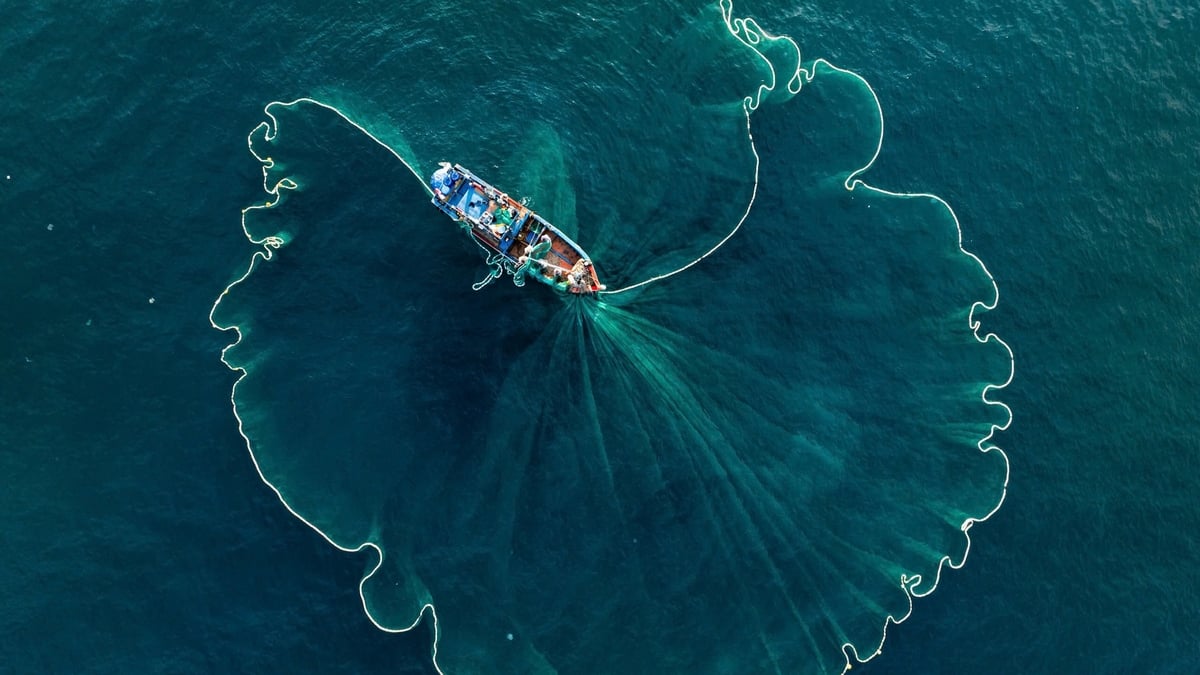

![[Photo] Award ceremony for works on studying and following President Ho Chi Minh](https://vphoto.vietnam.vn/thumb/1200x675/vietnam/resource/IMAGE/2025/5/20/a08ce9374fa544c292cca22d4424e6c0)



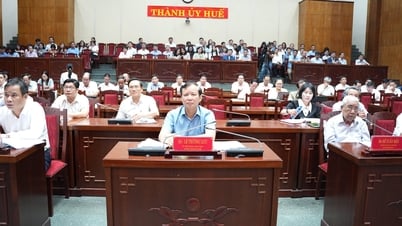

![[Update] - Thanh Hoa: 55 thousand delegates attended the conference to disseminate and implement the Resolution of the 11th Conference of the 13th Party Central Committee](https://vphoto.vietnam.vn/thumb/402x226/vietnam/resource/IMAGE/2025/4/16/f1c6083279f5439c9412180dda016c15)





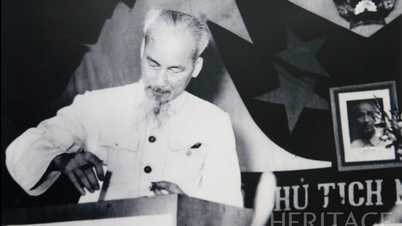

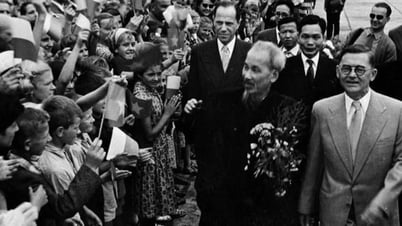

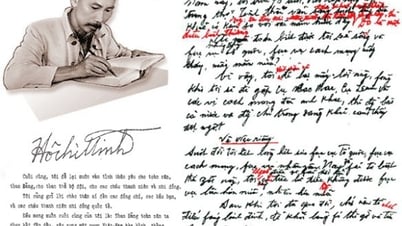




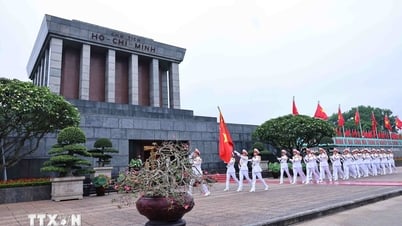












![[Photo] Vietnamese shipbuilding with the aspiration to reach out to the ocean](https://vphoto.vietnam.vn/thumb/1200x675/vietnam/resource/IMAGE/2025/5/20/24ecf0ba837b4c2a8b73853b45e40aa7)























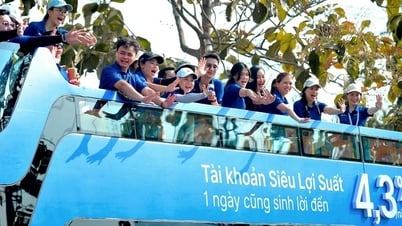
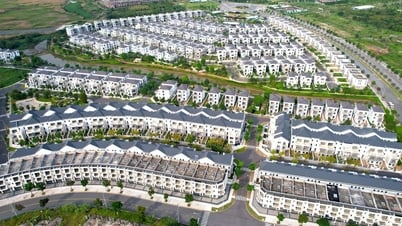




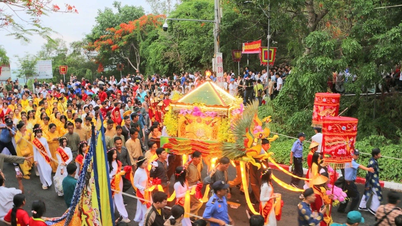


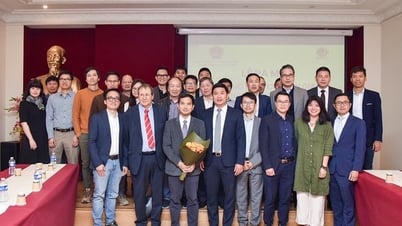
















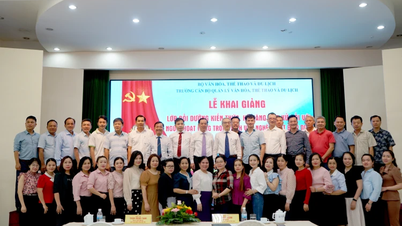










![[VIDEO] - Enhancing the value of Quang Nam OCOP products through trade connections](https://vphoto.vietnam.vn/thumb/402x226/vietnam/resource/IMAGE/2025/5/17/5be5b5fff1f14914986fad159097a677)
Comment (0)